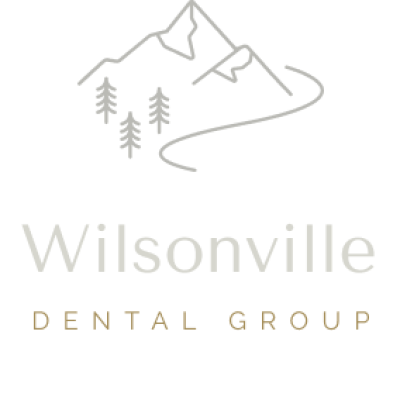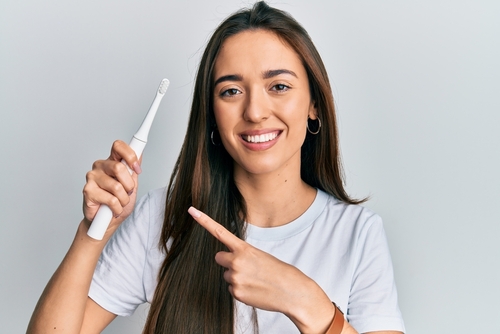In recent years, electric toothbrushes have gained popularity as a modern alternative to traditional manual toothbrushes. As Wilsonville Dental Group aims to keep our patients informed, we delve into the advantages and potential drawbacks of electric toothbrushes, shedding light on their effectiveness in maintaining optimal oral health.
Pros of Electric Toothbrushes
- Cavities occur due to a combination of factors involving bacteria, diet, and oral hygiene practices:
Efficient Plaque Removal: Electric toothbrushes are designed to provide rapid and consistent brush strokes, making them more efficient at removing plaque compared to manual brushing. The oscillating or rotating brush heads of electric toothbrushes can reach areas that may be challenging to clean with a manual brush.
Ease of Use: For individuals with limited dexterity, such as children, elderly individuals, or those with physical disabilities, electric toothbrushes can be easier to handle. The automated brushing action simplifies the brushing technique, promoting thorough cleaning.
Built-in Timers and Sensors: Many electric toothbrush models are equipped with built-in timers that ensure users brush for the recommended duration. Some advanced models also feature pressure sensors, alerting users when excessive force is applied, preventing potential damage to gums and enamel.
Variety of Brushing Modes: Certain electric toothbrushes offer multiple brushing modes, such as sensitive, gum care, and whitening settings. These modes cater to specific dental needs and preferences, providing a more personalized brushing experience.
Cons of Electric Toothbrushes
Cost: Electric toothbrushes can be more expensive upfront compared to manual toothbrushes. Additionally, there are ongoing costs for replacing brush heads and batteries or charging units, which may add to the long-term expenses.
Maintenance and Charging: Electric toothbrushes require regular charging or battery replacement, which could be inconvenient for travelers or those without easy access to power sources. Some users might find the charging process cumbersome.
Learning Curve: Switching from a manual to an electric toothbrush may involve an adjustment period. Users may initially find the vibrations or movements of electric brushes unusual or uncomfortable.
Durability and Complexity: Electric toothbrushes contain moving parts and electronic components that may be prone to damage or malfunction over time. This complexity can make repairs or replacements more challenging compared to traditional toothbrushes.
Choosing the Right Option for You
Selecting between an electric or manual toothbrush ultimately depends on individual preferences, oral health needs, and lifestyle considerations. Some individuals may benefit more from the features of an electric toothbrush, while others may prefer the simplicity of a manual brush.
At Wilsonville Dental Group, our priority is helping patients achieve excellent oral health. Whether you opt for an electric or manual toothbrush, the most crucial aspect is maintaining a consistent and thorough brushing routine. Regular brushing, flossing, and professional dental cleanings are vital components of a comprehensive oral care regimen.
We encourage you to consult with our dental professionals at Wilsonville Dental Group to determine the best toothbrush option for your unique dental needs. Our team is committed to providing personalized guidance and supporting you in making informed choices that contribute to a healthier, brighter smile.




